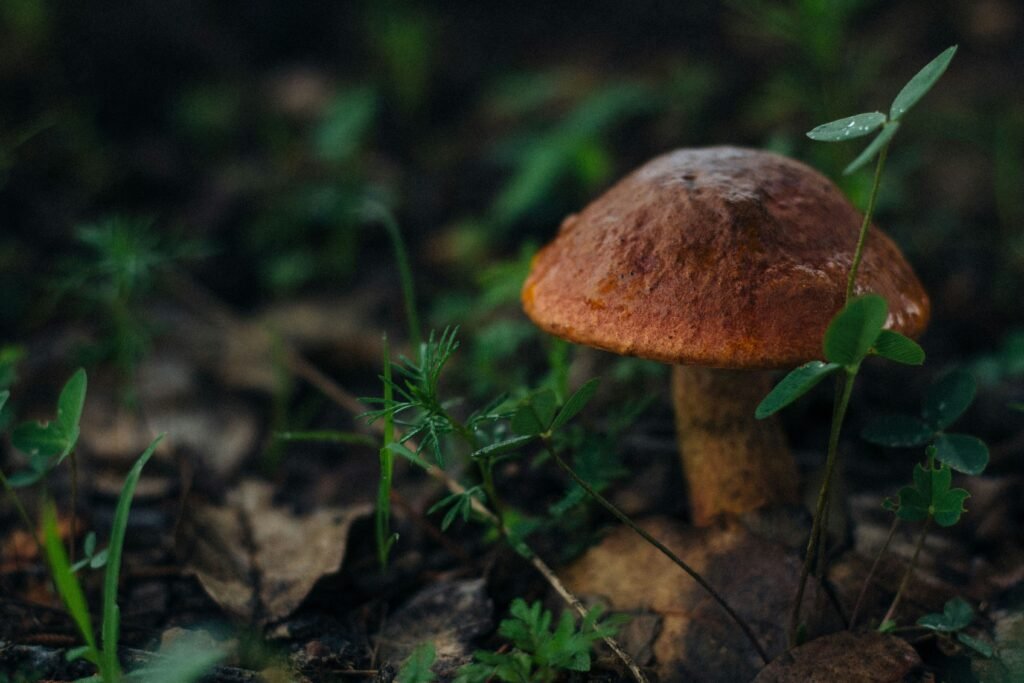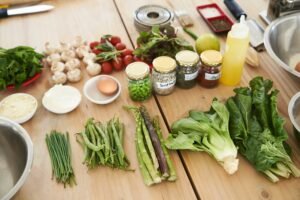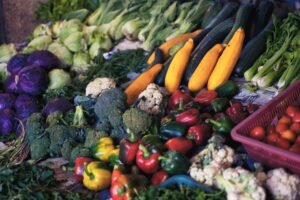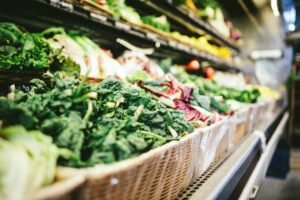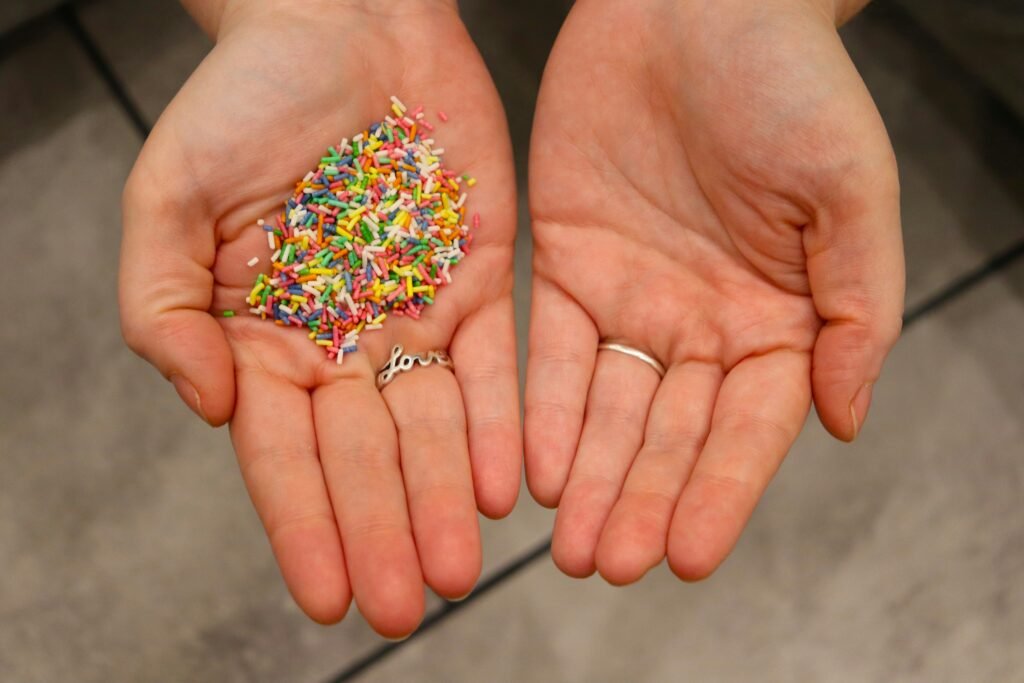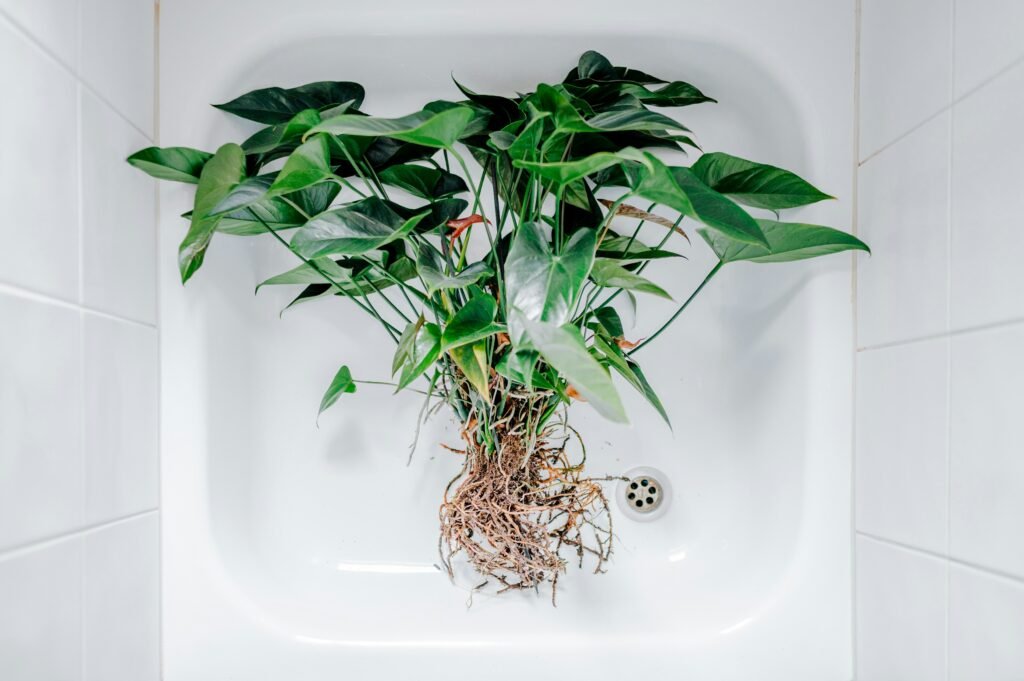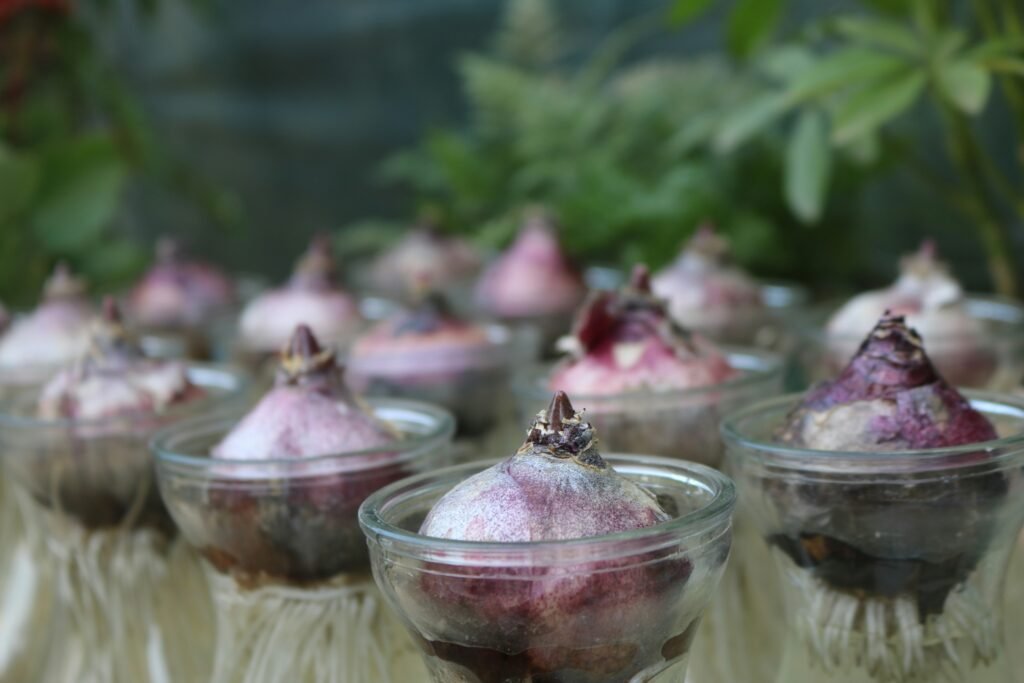Hydroponic gardening has revolutionized the way we grow food, offering an efficient and space-saving method that doesn’t require soil. However, while many crops thrive in hydroponic systems, not all plants are well-suited for this type of cultivation. Some plants require more space, support, or specific growing conditions that hydroponics can’t provide. Let’s explore which plants cannot be grown hydroponically and why traditional soil is still essential for certain crops.
Understanding the Limitations of Hydroponics
Hydroponics is a versatile system, allowing growers to produce everything from leafy greens to fruits. However, the method does have its limitations. Hydroponics involves growing plants in a nutrient-rich water solution, which requires precise control over light, temperature, and nutrient levels. While this setup works well for many types of plants, others are simply too large, complex, or deeply rooted to adapt to a soil-free environment.
Plants that don’t adapt well to hydroponics usually fall into one or more of the following categories:
- Large Root Systems: Some plants have extensive root systems that require large amounts of space and soil depth to thrive.
- Long Growth Cycles: Crops with longer growing seasons may be more difficult or inefficient to grow hydroponically, as they require a large amount of space and time investment.
- High Nutrient or Support Requirements: Certain plants demand higher levels of nutrients or physical support that are difficult to manage in a hydroponic setup.
Root Vegetables That Struggle in Hydroponics
Root vegetables are among the most challenging crops to grow in hydroponic systems. These plants need ample room to expand and form their edible roots, which is difficult to replicate in water-based systems where space is limited.
- Carrots: Carrots require deep soil to develop their long, slender shape. While it’s technically possible to grow baby carrots in some hydroponic systems, full-sized varieties need the structured support of soil to grow correctly.
- Potatoes: Potatoes grow underground and require large amounts of space to form tubers. They thrive in loose, well-drained soil that allows for tuber expansion. Hydroponic systems, which rely on shallow trays or containers, don’t provide the room or conditions needed for healthy potato growth.
- Beets and Turnips: Like carrots and potatoes, beets and turnips are root vegetables that need deep soil to develop properly. Their bulbous root structures struggle to form in hydroponic setups due to space limitations.
Corn and Other Tall, Heavy Crops
Corn is another crop that does not perform well in hydroponic systems, primarily due to its size and weight. Corn stalks can grow several feet tall and require sturdy support, something that hydroponic setups are typically unable to provide. Corn also needs a lot of space for its roots and leaves to spread out, and the sheer amount of sunlight required for proper growth is challenging to replicate indoors or in a controlled environment.
- Advantages of Soil for Corn: Soil offers the structural support that corn needs to stay upright, especially as the plant matures and the ears of corn begin to form. The root system of corn is extensive and reaches deep into the ground, seeking out nutrients and moisture that are harder to provide in a water-based system.
- Other Tall Crops: Plants like sunflowers, okra, and even some types of beans face similar challenges. Their height and weight make them difficult to support in a hydroponic system, and they often require more sunlight and space than most hydroponic setups can offer.
Perennial Plants and Trees
Hydroponics is generally more suited for fast-growing annuals rather than perennial plants and trees, which have long life cycles and need extensive root systems. Trees, in particular, are not suitable for hydroponic cultivation because of their deep roots and long-term growth requirements.
- Fruit Trees: Trees like apples, pears, and citrus require years to mature and produce fruit. Their deep roots and need for soil nutrients make hydroponic systems impractical for growing fruit trees.
- Woody Shrubs: Similarly, woody shrubs such as blueberries, blackberries, and raspberries do best when grown in soil. While you might be able to propagate these plants hydroponically in their early stages, they eventually need soil for full development and fruit production.
Grains and Cereals
Grains such as wheat, barley, and rice are also not practical to grow hydroponically. These crops are typically grown on a large scale, requiring vast fields for cultivation. While it might be theoretically possible to grow small quantities hydroponically, it would not be efficient.
- Space Requirements: Grain crops need a large amount of space to grow, flower, and produce seeds. Growing them hydroponically in any meaningful quantity would require vast facilities and resources, making soil-based farming much more practical.
- Nutrient Demands: Grains are heavy feeders, meaning they require substantial amounts of nutrients to produce seeds. Managing these high nutrient needs in a hydroponic setup would be complicated and costly.
Squash, Pumpkins, and Other Sprawling Plants
Certain types of squash, pumpkins, and melons present another challenge for hydroponic systems. These plants grow long, sprawling vines that require a lot of space to spread out. Their fruit can also be quite heavy, making them difficult to support without the structure that soil provides.
- Support and Space: The sprawling growth habits of these plants make it difficult to manage them in a confined hydroponic system. Their vines need room to stretch, and the weight of their fruit can cause damage to the plants if not adequately supported.
- Water Needs: While hydroponic systems excel at delivering water to plant roots, some sprawling plants like pumpkins require inconsistent water supply to prevent issues like root rot, which is harder to control in water-based systems.
Plants Requiring Specific Soil Conditions
Some plants need specific soil conditions, such as acidic or alkaline environments, that are difficult to replicate in hydroponics. For example:
- Asparagus: This perennial vegetable grows best in well-drained, sandy soil with a high organic matter content. It requires a long growing season and several years to establish itself, making it unsuitable for hydroponic systems.
- Peanuts: Peanuts are legumes that grow underground in well-aerated soil. Their unique growing process requires the soil to stay dry at certain points, which is hard to manage in a hydroponic system where water is constantly circulating.
Conclusion
Hydroponics is a fantastic solution for growing many types of vegetables, herbs, and fruits, but it does have its limitations. Root vegetables like carrots, potatoes, and beets, as well as sprawling plants such as pumpkins and squash, are not ideally suited for hydroponic systems due to their space and support requirements. Likewise, large crops like corn, grains, and perennial plants such as trees struggle to adapt to the controlled environments of hydroponics.
That said, hydroponics excels with smaller, faster-growing plants, making it ideal for leafy greens, herbs, and many types of fruits. As the technology continues to evolve, we may see advancements that allow more crops to thrive hydroponically, but for now, certain plants will always be better suited for the soil.
FAQs
Can root vegetables be grown hydroponically?
While some root vegetables like radishes can be grown hydroponically, most larger root crops like carrots, potatoes, and beets struggle due to space limitations.
Why can’t I grow corn in hydroponics?
Corn is a tall, heavy plant that requires a lot of support and sunlight, making it difficult to grow in a confined hydroponic system. Its extensive root system also thrives better in soil.
Can I grow trees hydroponically?
No, trees require deep soil to anchor their roots and long-term growth, which hydroponic systems can’t provide. Hydroponics is better suited for smaller, fast-growing plants.
Are there any grains that can be grown hydroponically?
While it is technically possible to grow grains hydroponically, it is inefficient due to the large amount of space and nutrients required. Soil-based farming is more practical for grains like wheat and rice.
Why are pumpkins and melons hard to grow in hydroponics?
Pumpkins, melons, and other sprawling plants need a lot of space to spread their vines and produce heavy fruit, which hydroponic systems usually can’t accommodate.
Can peanuts be grown hydroponically?
No, peanuts require dry soil at certain stages of their growth and an underground environment to develop properly, making them unsuitable for hydroponics.
